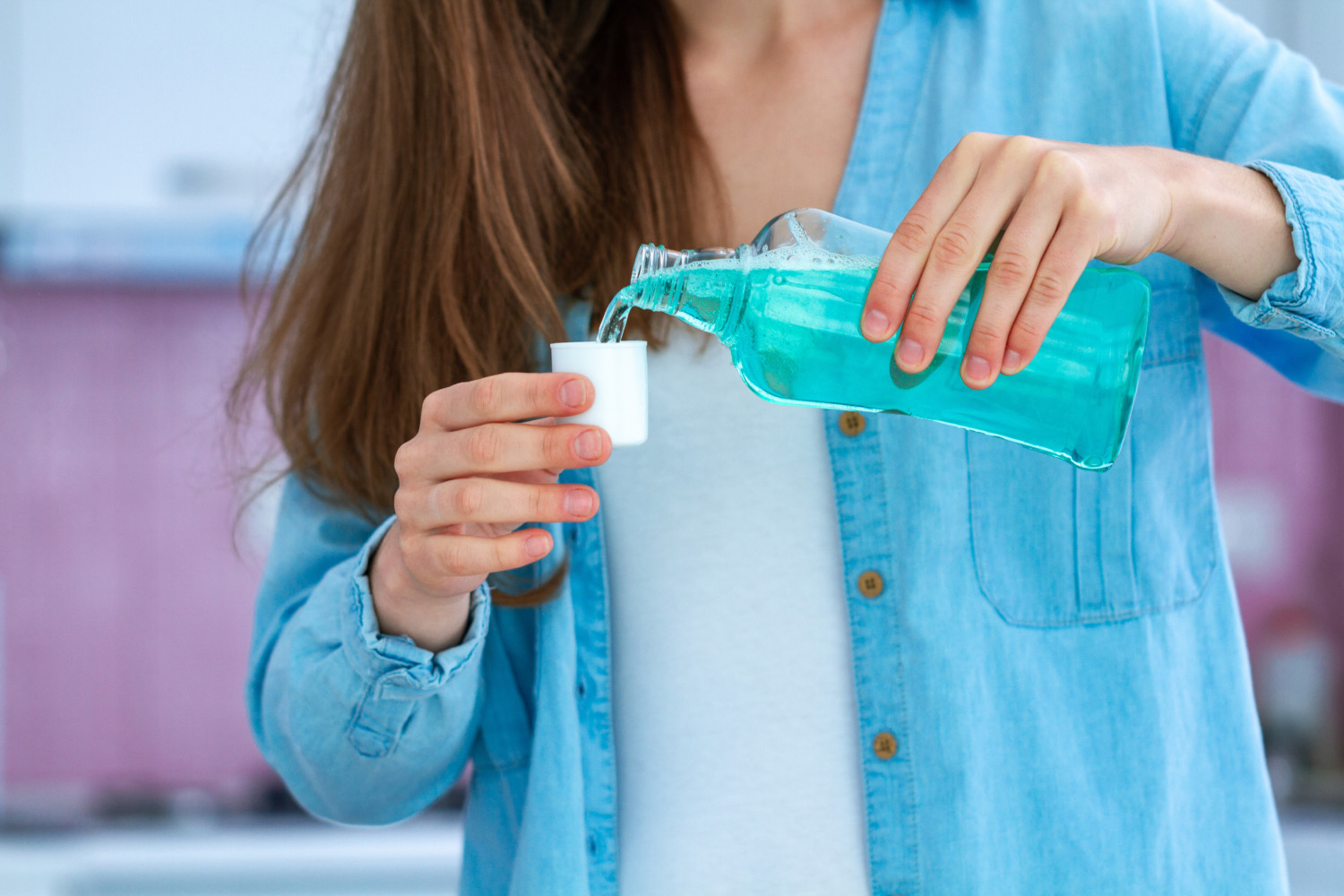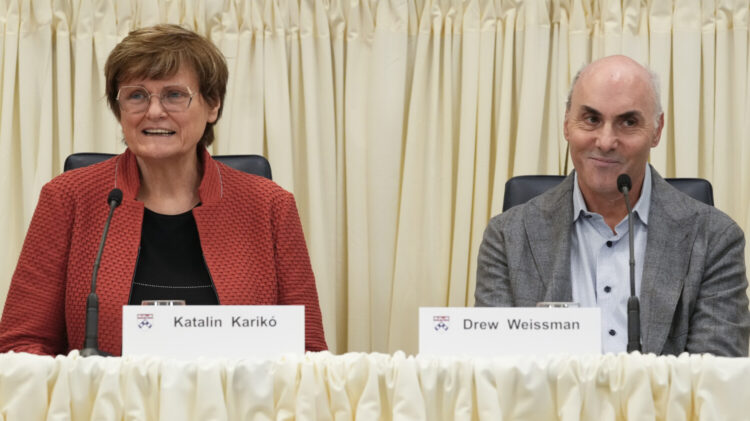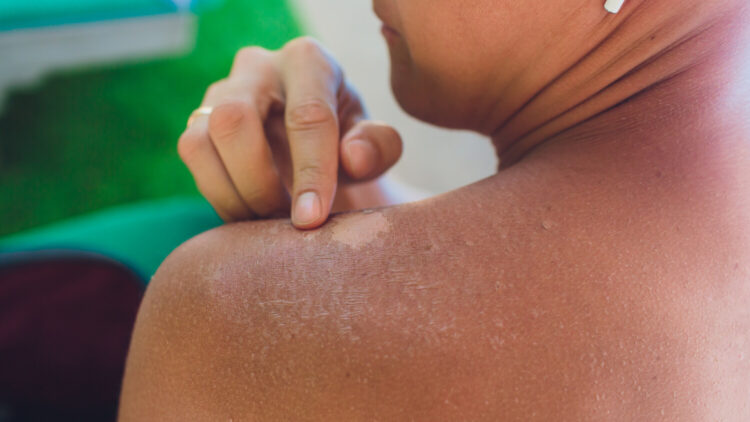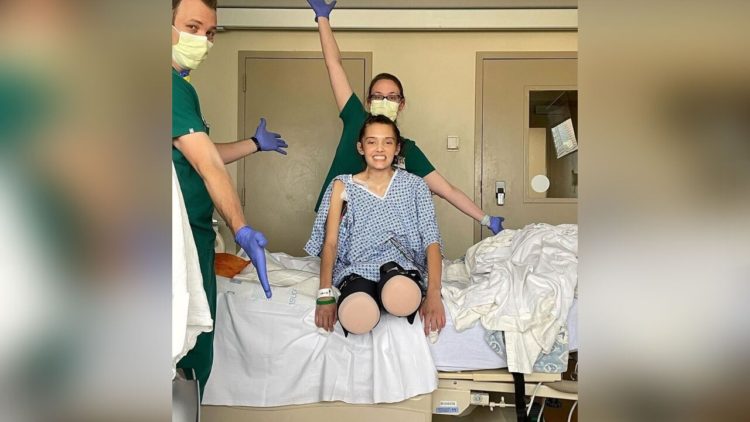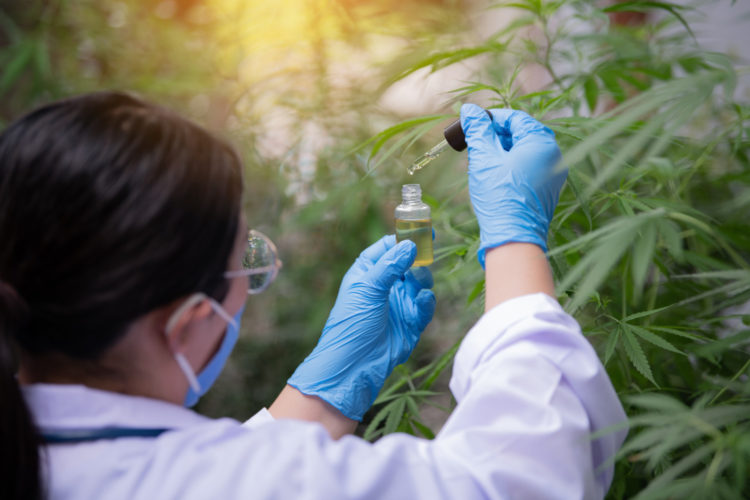Mouthwash could inactivate coronaviruses that cause the common cold
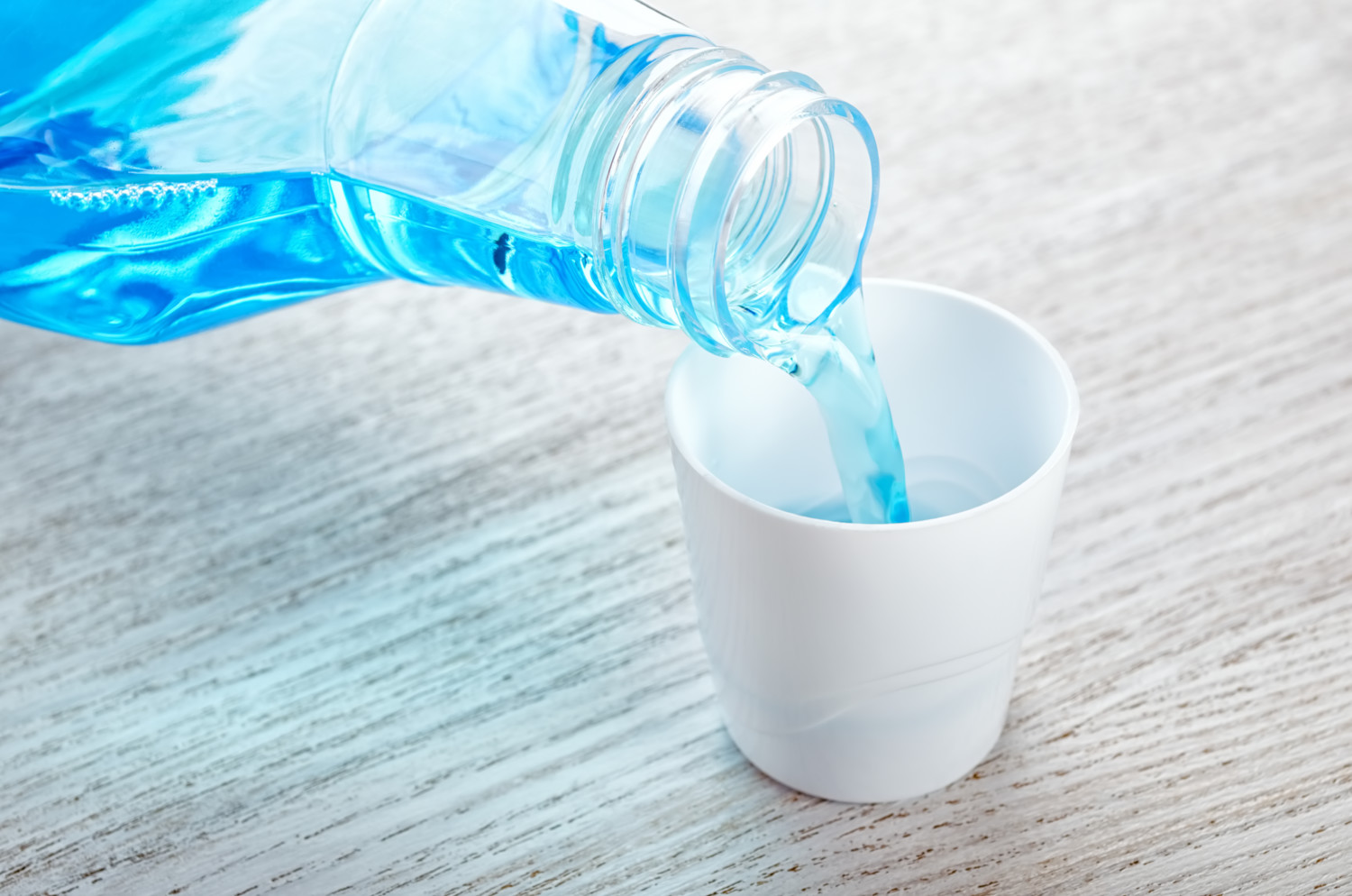
Frequent handwashing, wearing a face mask while out in public and practicing social distancing are among the best ways to prevent the spread of the coronavirus, according to the Centers for Disease Control and Prevention. But could gargling mouthwash be one more precaution we could take to help slow the spread of the novel coronavirus? Possibly, say researchers at Penn State College of Medicine.
While not a cure for COVID-19, certain antiseptics and mouthwashes may have the ability to inactivate human coronaviruses and lower the viral load in the mouth after infection, according to the study that was published in the Journal of Medical Virology.
Clinical trials are still needed to determine whether mouthwash can reduce the amount of virus that COVID-19-positive patients spread through respiratory droplets when they talk, sneeze or cough, so it’s too early to tell how effective gargling could be in helping slow the spread of the virus. But, early research from the team of scientists found that several nasal and oral rinses had the ability to neutralize coronaviruses that cause milder illnesses such as the common cold. This is noteworthy given that the nose and mouth are major points of entry and transmission.
“While we wait for a vaccine to be developed, methods to reduce transmission are needed,” said Craig Meyers, a professor of microbiology and immunology and obstetrics and gynecology at Penn State College of Medicine, in a press statement. “The products we tested are readily available and often already part of people’s daily routines.”
For the study, the researchers did not use SARS-CoV-2, the coronavirus that causes COVID-19, because it was more expensive, less available and would have required a high biosafety lab condition. Instead, the researchers used 229e, a common human coronavirus that causes mild infections such as the common cold. But Meyers, who led the study, explained to Yahoo Life that all coronaviruses have membranes. “With membrane viruses, all you have to do is break that membrane and they’re inactivated,” he says.
The findings showed that Listerine mouthwashes including Listerine Antiseptic and Listerine Ultra as well as Crest Pro-Health, Equate Antiseptic mouthwash and CVS Antiseptic mouthwash all appeared to kill more than 99.9 percent of the virus after gargling or swishing the mouthwash for 30 seconds.
This isn’t the first time that mouthwash has been studied as a way to inactivate coronavirus. Researchers in Germany found that commercial mouthwashes in a cell culture test dramatically reduced SARS-CoV-2 viral loads after 30 seconds. The study, which was published in July in the Journal of Infectious Diseases, concluded that mouthwash could reduce the short-term transmission of coronavirus but that mouth rinses are not suitable for treating COVID-19 infections or protecting yourself from catching the virus.
The takeaway from the latest mouthwash study? If someone tests positive for COVID-19 and returns home to quarantine, they could transmit the virus to other members of their household. If gargling could be yet another way to help reduce transmission, it may be worth adding it to your routine, according to Meyers.


